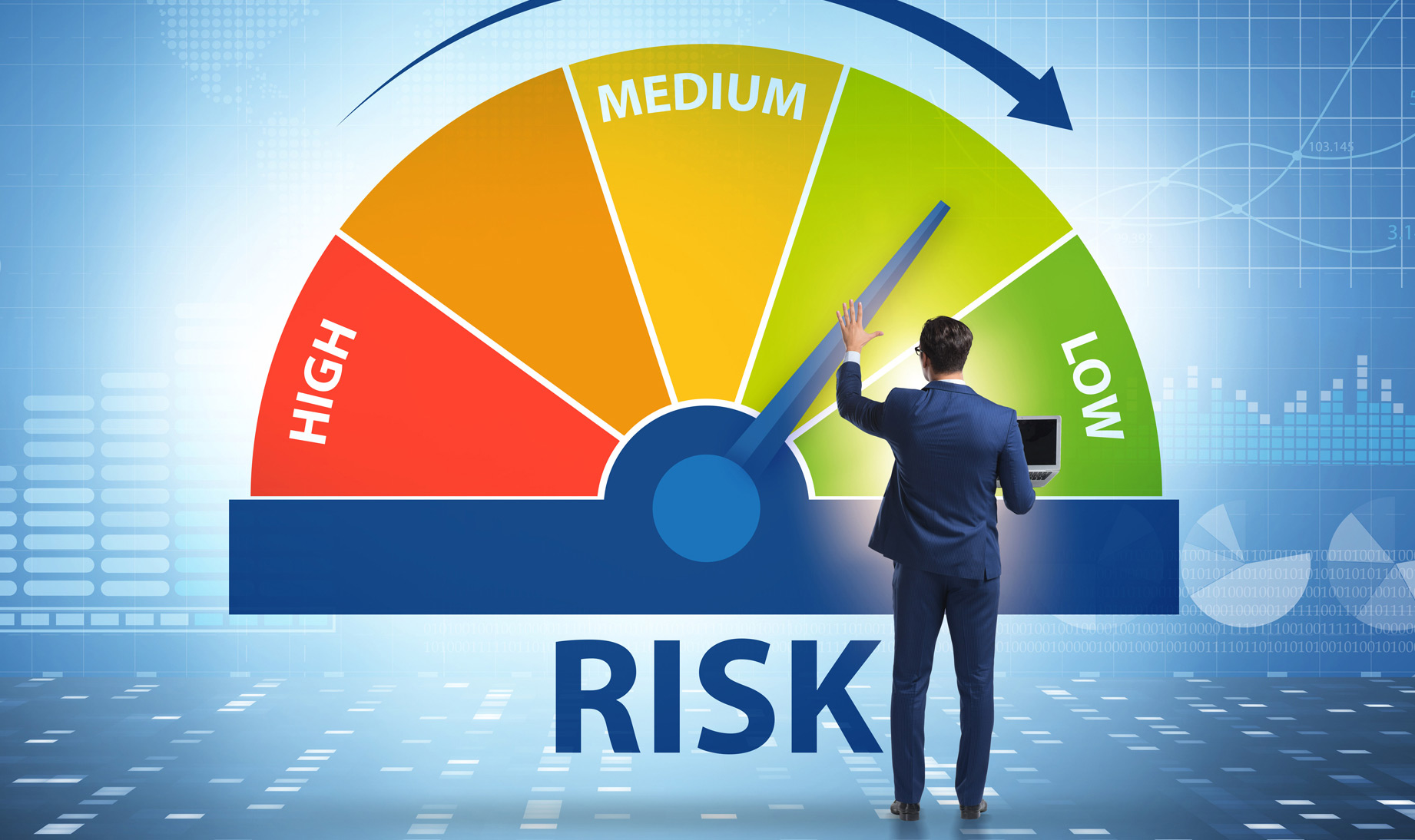You don’t have to accept every customer.
You exhaust the possibilities to expand your client base, face new career challenges, and get a leg up on your competition. But you can’t let your business goals cloud your better judgement. As much as referrals can help your law firm succeed, they can cause just as much harm if not handled properly.
In a recent case, Deborah Bjes, Swiss Re claims consultant and Vice President of the Professional Advisors Unit, met with a client facing a “disastrous” lawsuit in which a firm had been misled by the represented client’s financial situation, resulting in $500,000 owed to the firm. That client, in turn, sued the lawyer representing him.
This particular incident started with a referral. Had the lawyer performed their own client screening, they likely would have discovered the truth behind the client’s financial situation before agreeing to take on the client. Even if your friends or colleagues refer someone to you, you can’t assume they’ve been adequately screened. You need to take matters into your own hands and follow your typical risk management processes, regardless of who referred the client or how well you know the client.
With that said, it’s no secret that bad referrals can result in legal liability claims. But if you’re referring someone to another attorney, how can you be sure you’re not liable if that attorney/client relationship goes wrong?
If you refer someone and they make a mistake, you can be held responsible if you’ve completed some of the work or if you’re selling the engagement. Passing off clients isn’t uncommon, especially when a lawyer finds that they’ve bitten off more than they can chew. But you need to keep in mind that you could be held liable for the work if you don’t completely remove yourself from the engagement.
Other areas of concern appear when lawyers accept cases in fields with which they’re not familiar with. If someone is giving you a referral, make sure it’s in your area of expertise. Taking on a client out of obligation to a friend or colleague could cost you more than you realize.
While referrals are an important part of establishing professional relationships, it’s important to weigh the risks. Do your own research on prospective clients, whether you’re giving the referral or accepting it. Screen all your prospects, and never wander into unfamiliar legal specialties. Follow these guidelines and you’ll be well on your way to establishing a strong, yet safe, clientele.
This article is for general information purposes only.







